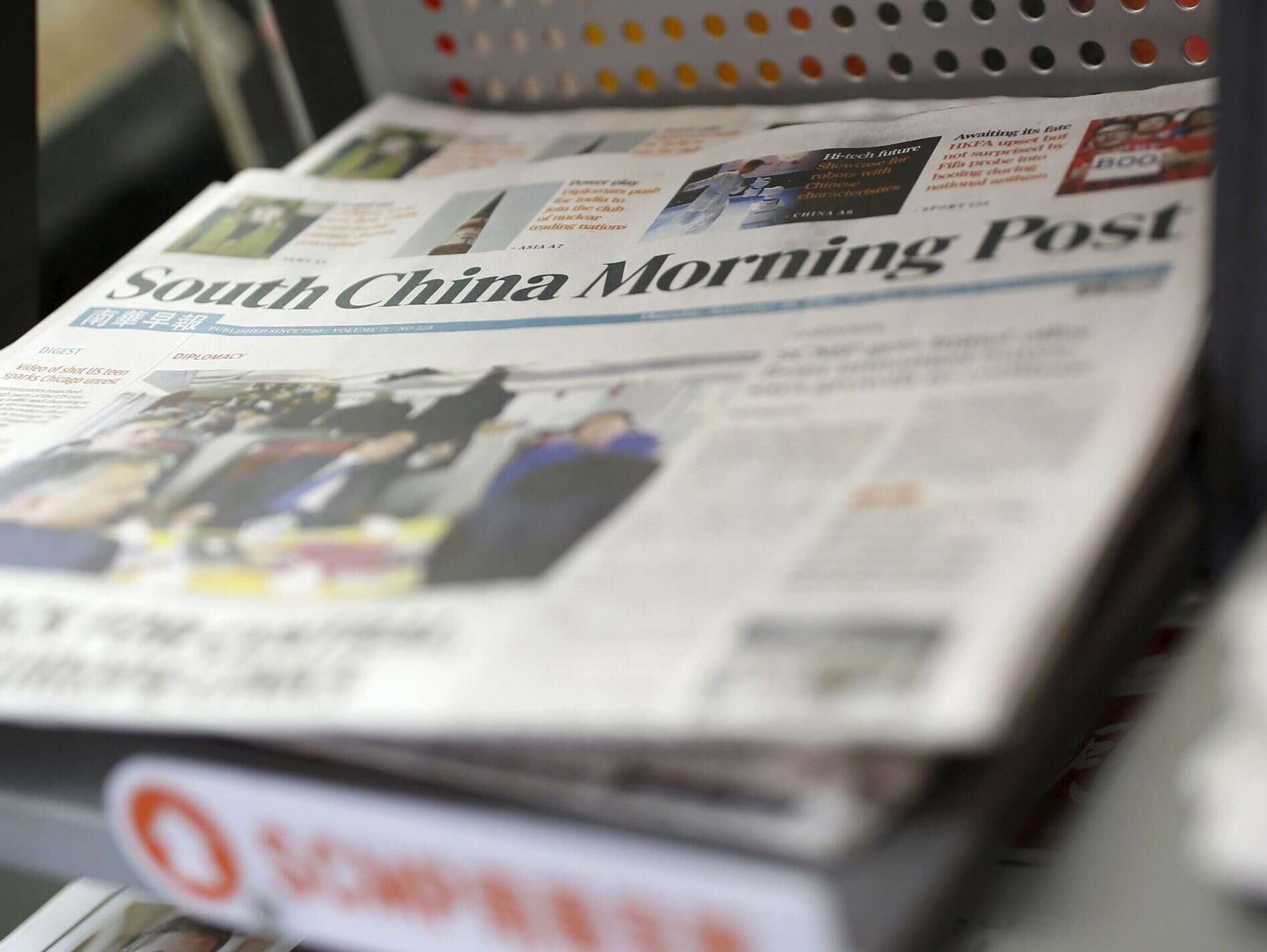
Newspapers in Northern Italy and Hong Kong have no plans to stop printing despite a dip in advertising revenues brought on by coronavirus (Covid-19), two senior staffers have said.
Silvio Da Giau is technical director at Athesis, which publishes three daily newspapers in the Italian regions of Lombardy and Veneto, two of the regions hardest-hit by the pandemic.
He told a webinar hosted by global press body WAN-IFRA this week that his newspapers, L’Arena, Il Giornale di Vicenza and Bresciaoggi, have seen a “light increase” in kiosk sales despite the region being locked down.
The Italian government has classed newspapers as a “basic necessity”, enabling journalists to go out reporting stories, print and distribution operations to continue operating, and newspaper kiosks to remain open when many other shops have been forced to shut.
Da Giau said newspaper kiosks account for 80 per cent of his newspapers’ sales, with ten per cent coming from subscriptions through the kiosks and a further ten per cent from home deliveries. A digital edition of the titles is also available.
He said the publisher “cannot afford to lose” the print newspaper, adding: “Print advertising is most of the revenues in advertising so the print newspaper is still the most important asset that we have to guarantee.”
This is despite advertising being “quiet” and even having “disappeared” in some ways, according to Da Giau. He said pages have been cut from the papers in response.
“So it doesn’t make a lot of sense to have a huge amount of pages that means more problems or more activity to prepare,” Da Giau said.
Nonetheless, he added: “Circulation in those weeks has increased, not a lot but it is a sign that when the news is… important people go to the kiosks and buy their newspaper.”
He added that his titles have also seen a “high peak” in online users and page views.
South China Morning Post
The South China Morning Post, based in Hong Kong, has grappled with similar issues.
Hong Kong has had more than 200 confirmed cases of coronavirus and four deaths, but mainland China has seen more than 80,000 cases and 3,245 fatalities.
The newspaper’s chief production editor Alice Wong said: “We don’t see the need to stop our print operation because our print can also be distributed through e-paper and I don’t see any reason to stop our newspaper production.
“We don’t have any plans to change our production model for now. We will still print our paper.”
She added: “Another reason to keep operating in print is that print advertising accounts for a large portion of our revenue so we will definitely keep producing our paper.”
Wong said advertising at the SCMP “has gone down quite a bit” but that “on the other hand it also gave us more flexibility to lay out our pages for better presentation of our virus coverage”.
She added that print subscriptions were increasing which was “very encouraging”, especially as the title has not had an online paywall since 2016.
Although content is mostly the same between the two products, Wong said stories are presented in more imaginative ways in the newspaper which means readers are “still keen on reading the print product even though the content is also published online”.
Newsroom staff and printing presses
The Italian titles have limited how many staff are coming into the office and changed the layouts of the newsrooms so those staff can sit further apart.
At one of the newspapers, 80 per cent of its journalists are now working from home, with only its editor-in-chief and two production staff working inside the building. At the other two titles, about 60 per cent involved in their production are currently able to work remotely.
The goal is to enable all editorial production of the three newspapers to be done remotely by 29 March, Da Giau said.
He added that the “main big issue to face” was the loss of editorial meetings to discuss headlines and page layouts and so on.
“The most critical point is the communication between people,” he said. “We have to change our behaviour…”
Athesis is also protecting its print presses by changing its schedule so that only one press is running at any one time instead of its usual two, meaning fewer staff are needed on site. It has also made arrangements with another printing press in case of staff infection resulting in its closure.
Wong said the SCMP also has a contingency plan in case the printing press it uses is shut down, but said she could not share any further information.
The newspaper’s staff all began working from home on Wednesday after a suspected case within the organisation, but they have been taking turns to experiment with remote work for several weeks already.
Picture: Reuters/Tyrone Siu
Email pged@pressgazette.co.uk to point out mistakes, provide story tips or send in a letter for publication on our "Letters Page" blog
